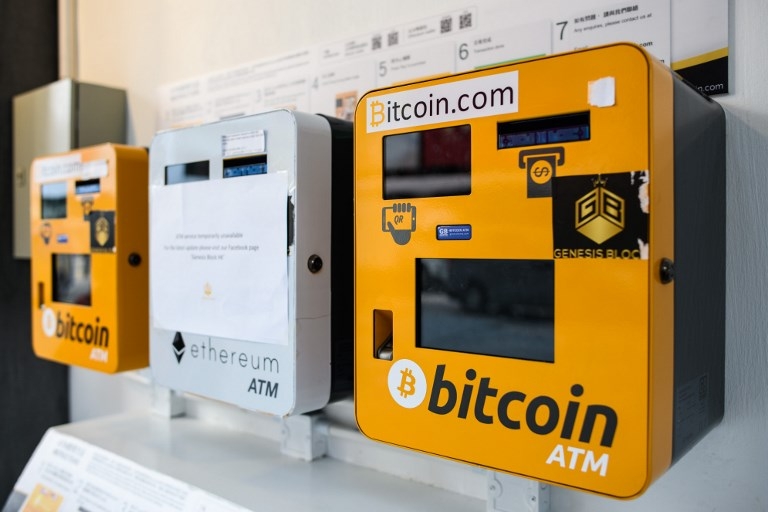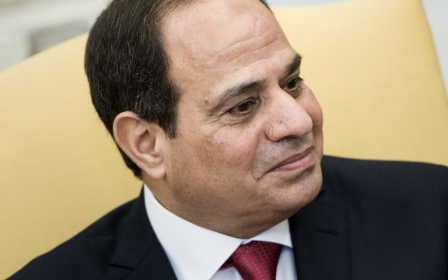‘Bitcoin is prohibited by Islam,' says Egyptian mufti

Egypt’s Grand Mufti Shawki Allam said in an official fatwa on Monday that trading with Bitcoin was "unlawful" according to Islamic rulings.
He explained that using the virtual currency is not allowed as it is not legalised by the Egyptian government.
“Bitcoin could be harmful to the country’s social and economic security,” Dar Al Iftaa, a top religious institution in Egypt, said, stressing that the currency could break through the national security and central financial systems.
Allam’s adviser, Magdy Ashour, said the currency “is used directly to fund terrorists”, explaining that its transactions could damage the economy.
“It has no set rules, which is considered as a contract annulment in Islam, that is why it is forbidden,” Ashour added.
Egypt was not the only country prohibiting Bitcoin. A Saudi minister, Assim Al-Hakim, recently announced that the currency is forbidden in the country because “it is a cryptographic form of money that is vague and gives namelessness to crooks”.
“We know that Bitcoins remain anonymous when you deal with it, which means that it’s an open gate for money laundering, drug money and haram [forbidden] money,” he said. “Muslims should not get involved in such dubious transactions simply to make a quick buck, to make a quick profit. This is not an Islamic concept,” warned Hakim.
Bitcoin is a type of cryptocurrency independent of traditional banking which started circulating in 2009 and has become the most prominent of several fledgling digital currencies.
The number of its users increased dramatically in recent years. Since 2013, the numbers around the world jumped from 300,000 to 1.3 million. It is currently traded on the Chicago Stock Exchange after it gained popularity and increased value in the past few days in an unprecedented manner.
In 2014, major companies such as PayPal, Microsoft, Dell and PwC began accepting Bitcoin as part of their transactions. Forbes named the Bitcoin as the best investment of 2013 and in 2015 it topped Bloomberg’s currency tables.
Middle East Eye propose une couverture et une analyse indépendantes et incomparables du Moyen-Orient, de l’Afrique du Nord et d’autres régions du monde. Pour en savoir plus sur la reprise de ce contenu et les frais qui s’appliquent, veuillez remplir ce formulaire [en anglais]. Pour en savoir plus sur MEE, cliquez ici [en anglais].




